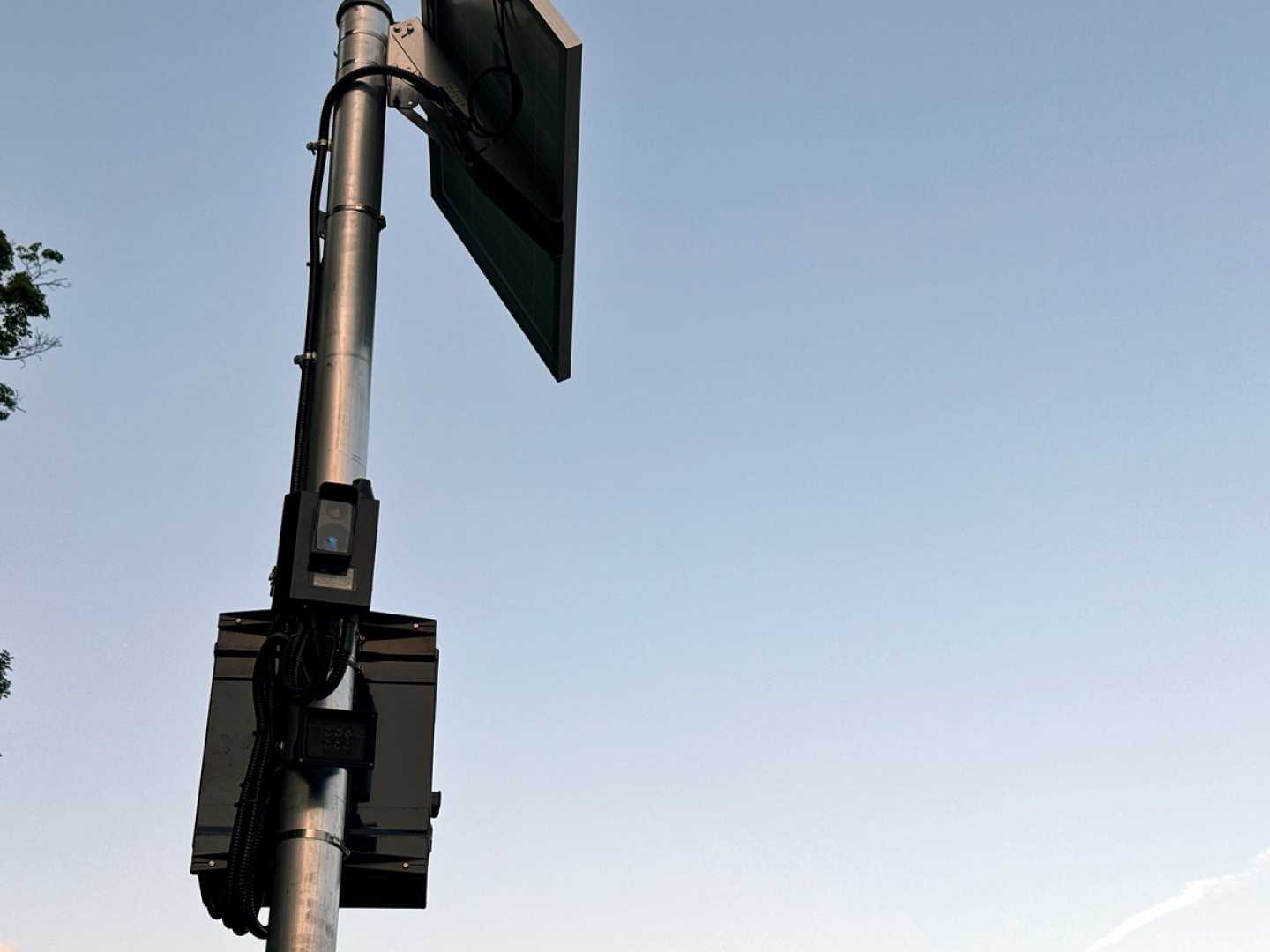News
Connecticut Speed Cameras Spark Privacy and Legality Concerns Among Drivers

MIDDLETOWN, Conn. (WFSB) – Connecticut‘s new speed cameras are raising privacy and legal concerns among drivers as citations pile up statewide. With three towns currently using speed cameras and five others receiving state approval, community debate is intensifying.
Mark Lafferty, a driver, expressed his concerns, stating, “To me, it’s a little bit of an invasion of people’s privacy. It impedes our rights.” Police officials, however, assert the cameras are effectively reducing speeding.
Middletown Police Chief Erik Costa stated that a traffic study conducted before the cameras were installed revealed that in a seven-day period, 180,000 cars traveled Route 66 near Camp Street, with 144,000 drivers exceeding the speed limit by at least 10 mph. More recent data indicates a 94% reduction in violators, dropping from approximately 144,000 to between 20,000 to 18,000.
Implemented on July 9, more than 39,000 citations have been issued in Middletown, yielding $1.4 million in fines — around $750,000 of which goes directly to the city after vendor payments. There are plans to activate additional cameras outside local elementary schools soon.
Residents like Michelle Hunt, who lives off Route 66, support the cameras due to safety concerns. “I’ve seen so many accidents on this road,” she stated. “I hope it will get a lot safer.” However, others challenge the legality of the citations.
Drivers across Connecticut maintain the right to contest their tickets, but they face strict criteria for overturning a citation, which include instances like stolen vehicles or malfunctioning traffic signals. Traffic attorney Donald Howard noted that these citations differ from traditional tickets as they fall under civil enforcement rather than criminal, making it harder for individuals to fight them.
Of the 39,000 citations issued in Middletown, 1,362 have been appealed, with 216 successful overturns primarily due to medical emergencies or legitimate defenses. Lafferty raised concerns over the 10 mph threshold for citations, arguing such minor infractions would not typically warrant traffic stops by officers.
Costa defended the speed limit threshold stating it’s mandated by law for the cameras while noting that officer discretion applies during traffic stops. He emphasized that the program is not designed for profit. “A money grab would be something where people don’t have a choice,” Costa said. “People have a choice, how to drive their vehicles.”
In Washington, the first town to implement speed cameras, citations began on May 14, resulting in nearly 12,000 tickets totaling $590,990 in fines. Carrie Neri, a driver who received a citation for speeding 14 mph over the limit, questioned the enforcement process and the accuracy of the cameras. Officer Richard Innaimo indicated more than 2,000 citations have been rejected due to technical issues.
The challenges surrounding the device’s calibration have been highlighted as well, with Neri’s citation stemming from a camera calibrated in mid-May, raising questions about the legitimacy of citations without subsequent recalibration until July. Innaimo confirmed that under state law, the annual calibration suffices for ensuring validity.
Washington’s speed camera program is set to expand with a new camera planned for Baldwin Hill Road. Officials note that any revenue generated from citations will be used for road safety initiatives, reinforcing the aim of enhancing public safety.












